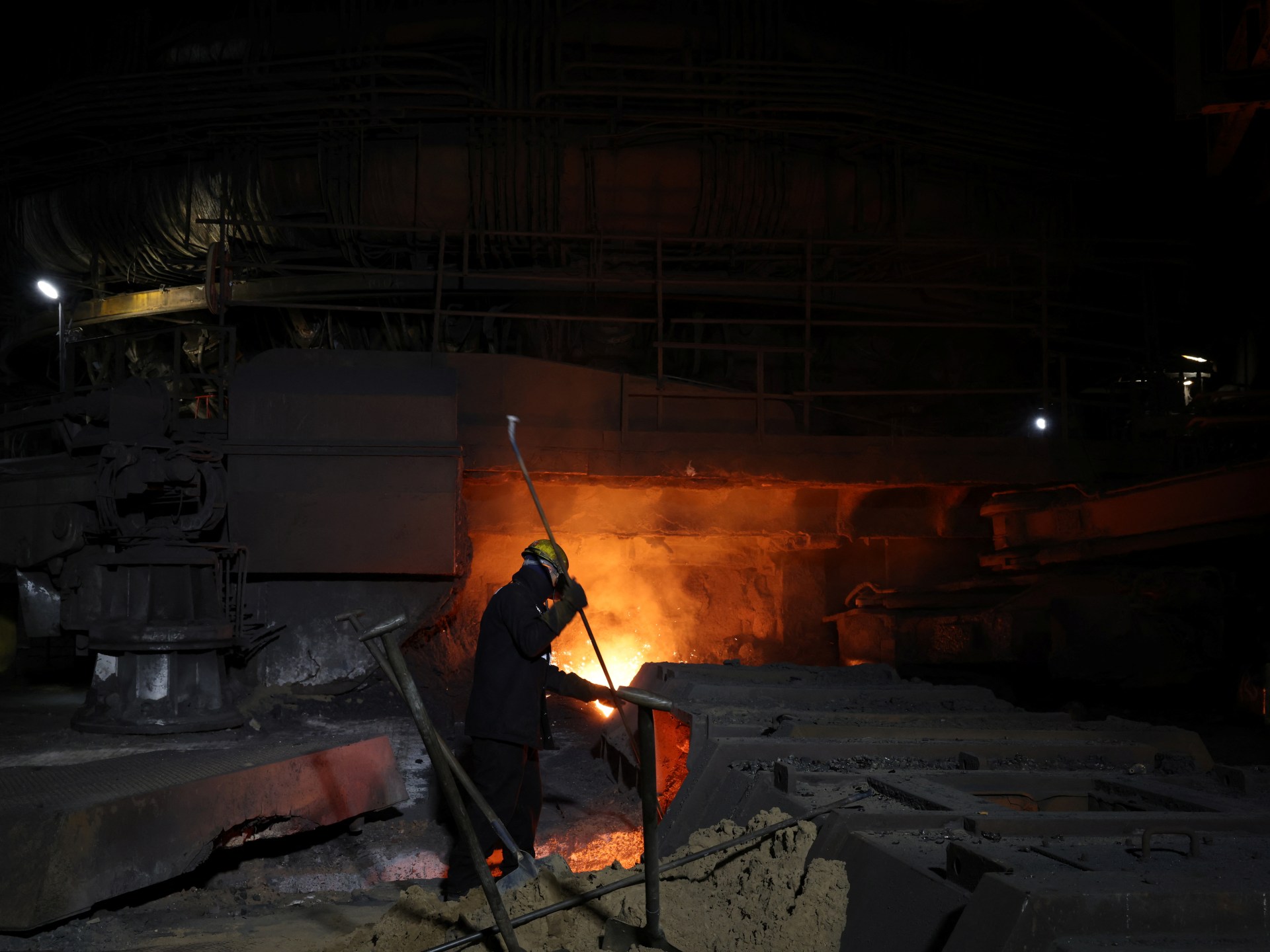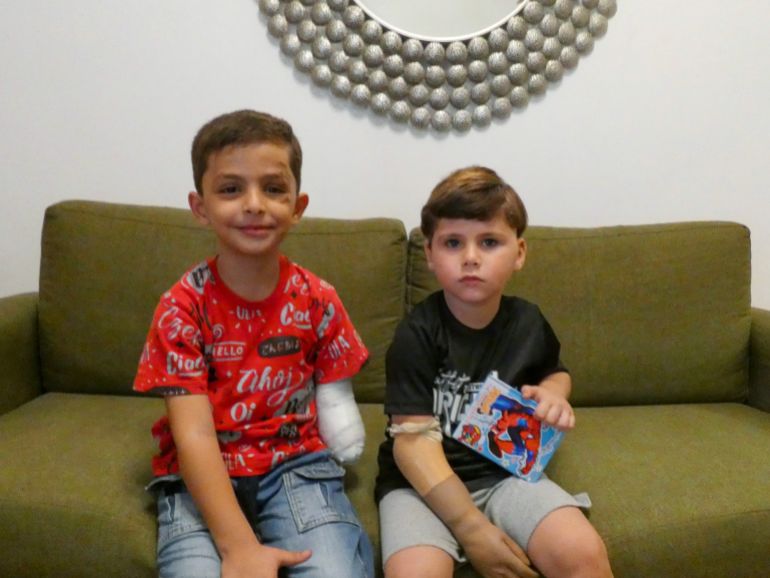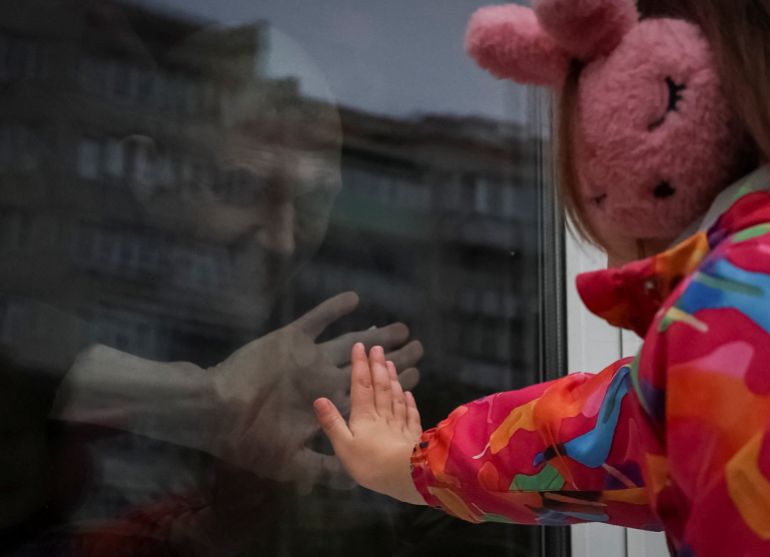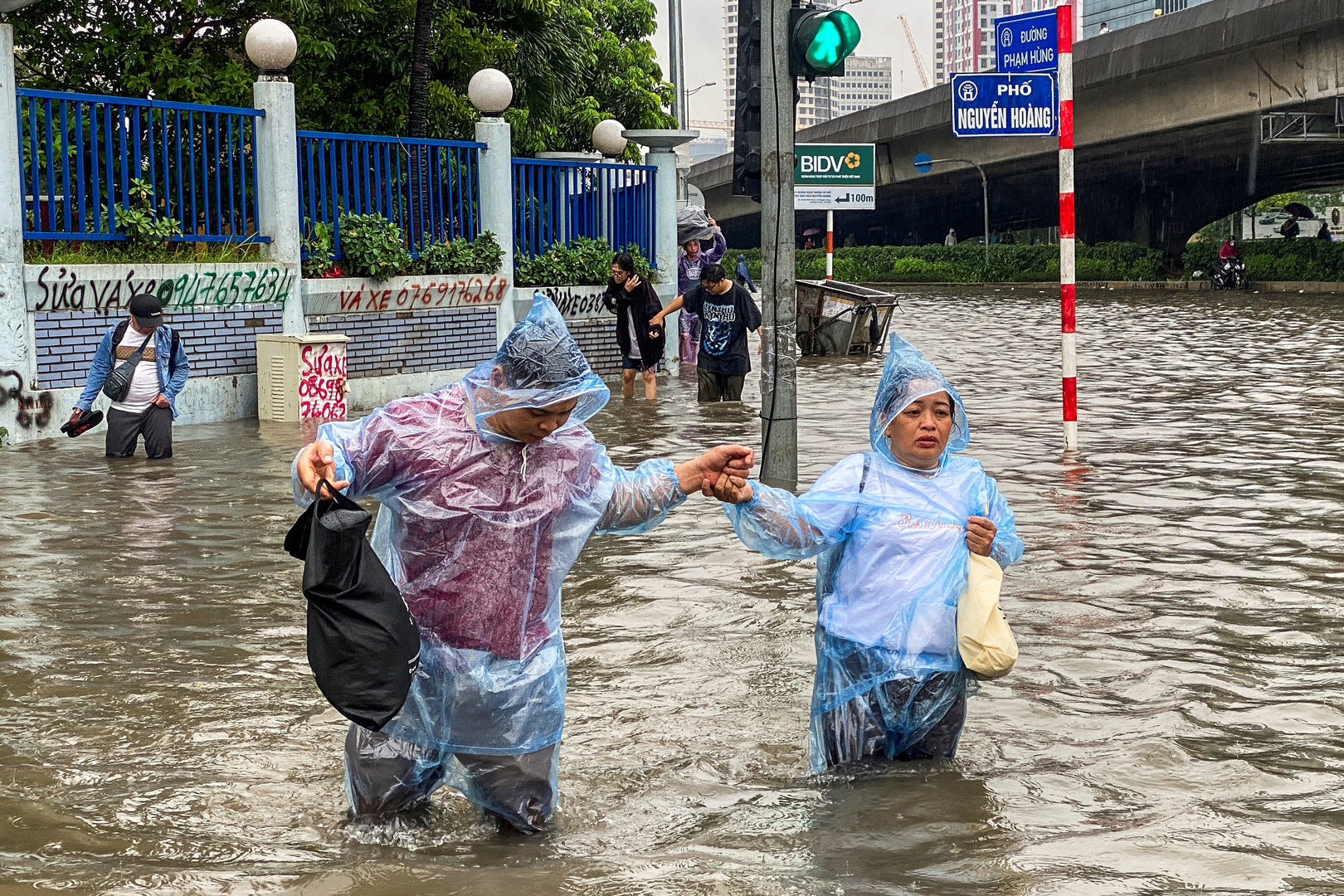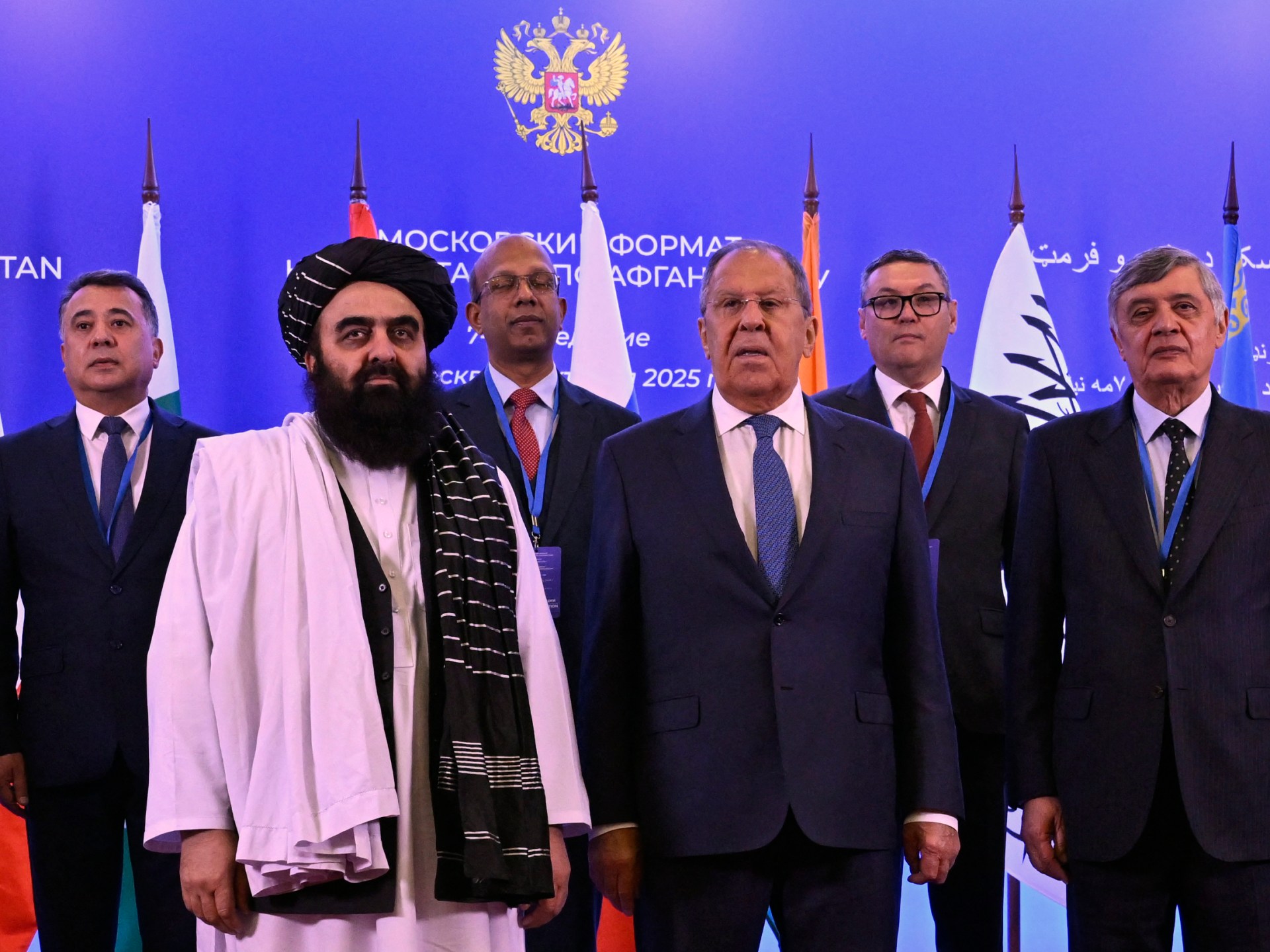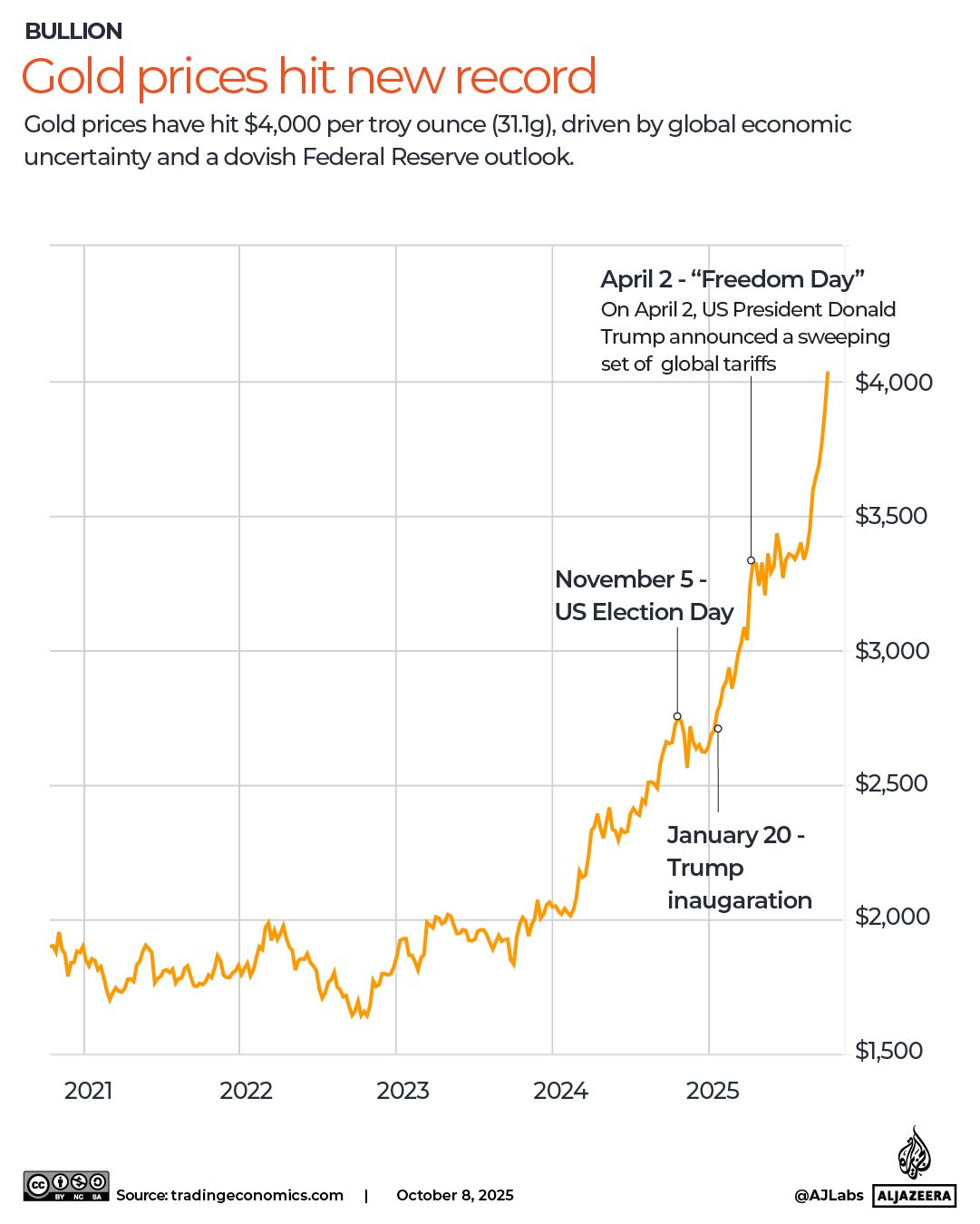The European Union’s plan to hike tariffs on steel imported over and above its annual threshold could tip the United Kingdom’s steel industry into its worst crisis in history, industry leaders have warned.
On Tuesday, the European Commission proposed that the 27-member bloc would slash its tariff-free steel import quota by 47 percent to 18.3 million tonnes and would impose a tariff of 50 percent on any steel imported in excess of this amount.
Recommended Stories
list of 3 itemsend of list
This represents a sharp hike: The EU’s current annual steel import quota stands at 33 million tonnes, and imports above this limit are subject to a 25 percent tariff.
The announcement has rattled the British steel industry, which exports nearly 80 percent of its steel to the EU.
“This is perhaps the biggest crisis the UK steel industry has ever faced,” Gareth Stace, director general of the lobby group UK Steel, said on Tuesday. He described the move as a “disaster” for British steel.
Community, a trade union representing UK steelworkers, said the EU’s proposal represents an “existential threat” to the UK steel industry.
Here’s what we know about the EU’s new levies and why the UK is worried:
Why has the EU announced a tariff hike for steel imports?
The new tariff is expected to come into effect from June 2026, as long as EU countries and the European Parliament approve it.
The EU says it has no choice but to bring in the new tariff as it seeks to protect its own markets from a flood of subsidised Asian steel, which has been diverted by US President Donald Trump’s latest 50 percent tariff on all steel imports to the US.
The EU also wants to protect its steel sector from the challenge of global overcapacity.
In a speech at the European Parliament in Strasbourg on Tuesday, the European Commissioner for Trade and Economic Security, Maros Sefcovic, defended the bloc’s steel tariffs proposal as a move to “protect the bloc’s vital sector” whose steel trade balance has “deteriorated dramatically”.
Sefcovic added that more than 30,000 jobs have been lost since 2018 in the EU’s steel industry, which employs about 300,000 people overall.
While the industry is ailing, he said, other countries have begun imposing tariffs and other safeguards to ensure their own domestic steel industries expand. The Commission’s proposal, therefore, seeks to “restore balance to the EU steel market”.
More succinctly, a senior EU official told The Times newspaper: “My dear UK friends, you have to understand that we have no choice but to limit the total volumes of imports that come into the EU, so this is the logic that we apply clearly. Not acting could result in potentially fatal effects for us.”
The EC’s proposal comes as the bloc’s steel sector faces stiff competition from countries like China, where steel production is heavily subsidised.
China produced more than a billion metric tonnes of steel last year, followed by India, at 149 million metric tonnes, and Japan, at 84 million metric tonnes, according to the World Steel Association, a nonprofit organisation with headquarters in Brussels.
By comparison, said Sefcovic, the EU produces 126 million tonnes per year but only requires 67 percent of this for its own use – “well below the healthy 80 percent benchmark and below profitable levels”.
Moreover, steel production within the EU has declined by 65 million tonnes per year since 2007 – with nearly half of that lost since 2018.
“A strong, decarbonised steel sector is vital for the European Union’s competitiveness, economic security and strategic autonomy. Global overcapacity is damaging our industry,” EC President Ursula von der Leyen said.
The Commission’s industry chief, Stephane Sejourne, told reporters in Strasbourg that “the European steel industry was on the verge of collapse” and said that through the tariffs plan, the Commission is “protecting it [EU’s steel industry] so that it can invest, decarbonise and become competitive again”.
Sejourne added that the Commission’s plan is “in line with our [EU] values and international law”.
Why would the UK bear the brunt of EU steel tariffs?
The EU is the UK’s largest market for steel exports by far. In 2024, the UK exported 1.9 million metric tonnes of steel, worth about 3 billion pounds ($4.02bn) and representing 78 percent of its home-made steel products to the EU.
While the EC’s steel tariffs proposal does not apply to members of the European Economic Area, namely Norway and Iceland, it will apply to the UK and Switzerland. Ukraine will also be exempt from the tariff quota since it is facing “an exceptional and immediate security situation”, according to the EC.
The EU says it is open to negotiations with the UK once it has formally notified the World Trade Organization (WTO) of the new levy. For now, however, uncertainty looms.
Compounding this, the UK also fears being flooded by cheaper, subsidised steel from Asia as both the EU and US markets close their doors to it.
In a statement, UK Steel added: “The potential for millions of tonnes that will be barred from the EU market, to be redirected towards the UK is another existential threat.”
Nicolai von Ondarza, an associate fellow at Chatham House, the London-based policy institute, told Al Jazeera that cheap steel diverted by the EU’s planned tariffs will mostly come from countries like China, “putting additional pressure on its industry”.
The British steel sector is also shouldering Trump’s 25 percent tariff on British steel imports, a global supply glut, and higher energy prices, and has been embattled by job losses in some of its biggest steelworks due to green transition initiatives.
Can the UK negotiate its way out of this?
That is currently its best hope, according to industry leaders.
“We would urge the UK and EU to begin urgent negotiations and do everything possible to prevent the crushing impact these proposals would have on our steel industry,” he added.
Chatham House’s Ondarza told Al Jazeera: “For the UK, the first route is to try to negotiate a carve-out of these EU tariffs. Both the EC and the UK have already signalled willingness to talk. These negotiations are likely to be tricky, but not unlikely that they come to an agreement.”
On his way for a two-day business trip to India, UK Prime Minister Keir Starmer told reporters that his country is “in discussions with the EU” about the proposal.
“I’ll be able to tell you more in due course, but we are in discussions, as you’d expect,” he said.
Meanwhile, Chris McDonald, the UK industry minister, has suggested that retaliatory measures may not be completely off the table.
“We continue to explore stronger trade measures to protect UK steel producers from unfair behaviours,” he told reporters.
If the US caused this, can it help to solve it?
While the EU’s tariffs proposal has led to an outcry in the UK, it is also a measure which seeks to bring the US to the negotiating table, the EC says.
In August, the EU and US agreed a trade deal under which Washington will levy 15 percent tariffs on 70 percent of Europe’s exports to the country. Brussels and Washington have yet to discuss how tariffs would apply to European steel, which still faces a 50 percent tariff under Trump’s new trade regime.
